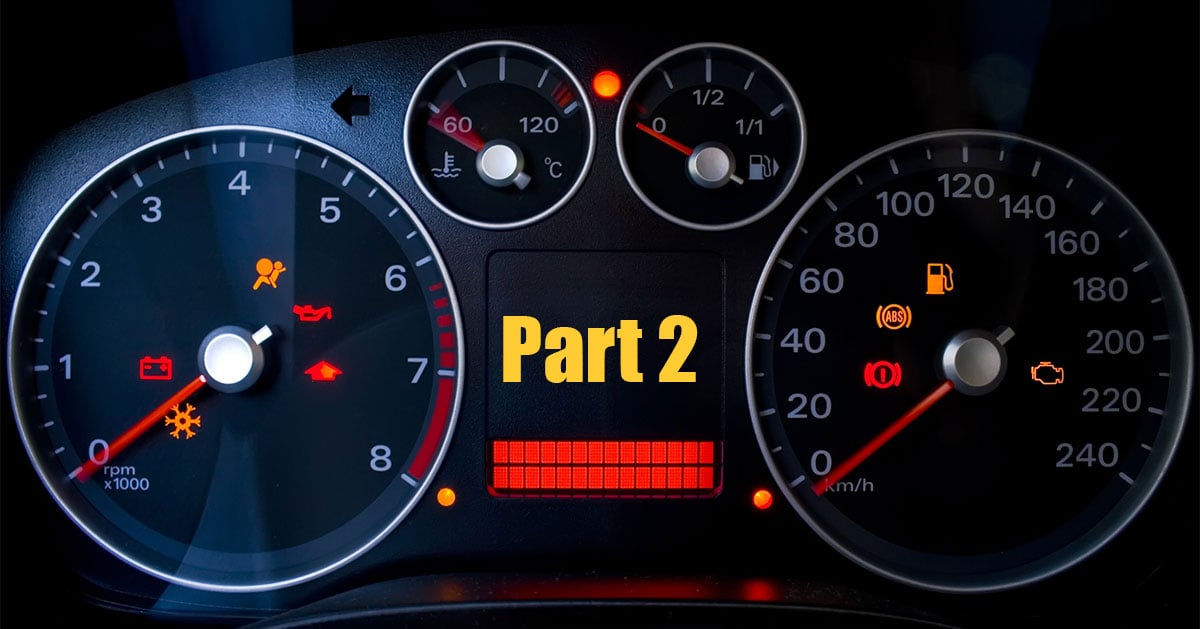
In part 1 of the series, we covered the basics of important and frequently seen car warning lights and indicators seen in most vehicles. In part two, we cover symbols often seen in more advanced vehicle systems.
Brake hold indicator

The brake hold indicator comes on to indicate that the system is applying the brakes automatically at a full stop. This feature is useful when driving at inclines, preventing the vehicle from rolling backwards when the brake pedal is lifted. The system releases automatically when the accelerator is pressed.
Automatic shift lock indicator

Commonly found on most vehicles today, the automatic shift lock indicator illuminates to inform the driver that the brakes need to be depressed to start the engine or to get the gear it out of neutral.
Auto start-stop indicator

On vehicles with auto start-stop systems, the system stops the engine at intervals to provide better fuel economy. The system by default will not be active when the engine has not reached the operating temperature. Should the driver want to, the system can be manually switched off or on.
Blind spot information system

Often seen on the vehicle’s wing mirrors, the blind spot information system (BLIS) indicator monitors vehicles behind the left and right side during a drive. The system will illuminate and warn the driver should there be an oncoming vehicle not visible to the driver’s view.
Cruise control system

Just like the speed limiter symbol seen above, the system allows the driver to set a constant speed during a drive. The feature switches off automatically when the brake pedal is depressed.
Speed limiter system

Sometimes indicated with the letters LIM or possibly other symbols depending on the vehicle manufacturer, the speed limiter is good for driving on roads with strict road speed limits. When set, the system prevents the vehicle from accelerating beyond the set speed.
Low brake fluid indicator

Do get your vehicle checked soonest possible when this indicator appears. It means that your brake fluid levels are low, and they do drop further when your brakepads wear out. Drive to the nearest service center to get it checked.
Low coolant level indicator

Depending on the vehicle, this indicator is to warn the driver of a low coolant level. While it could be a faulty sensor, without sufficient coolant in the system, the engine will overheat and cause significant problems. Do get it checked at your nearest service center.
Overdrive off indicator

The overdrive button usually located on your gear lever is to disable the highest gear. Doing so is useful when it comes to descending a mountainous road or climbing a hill to maintain the gear from upshifting.
Low windshield washer fluid indicator

Not all vehicles may have this indicator, but it is to alert the driver that the windshield washer fluid is low.
Watch out for part 3 of this article!
Read below for more stories!
Find out more about Part 1 of car warning lights and indicators here!
Your car tires are more important than you think. Click here for basic knowledge on car tires all car owners should know!
Learn more about car batteries, the myths, and how to improve its lifespan.
Selling your car is now easy and straightforward. Carsome professionally, conveniently, and fast for you!
